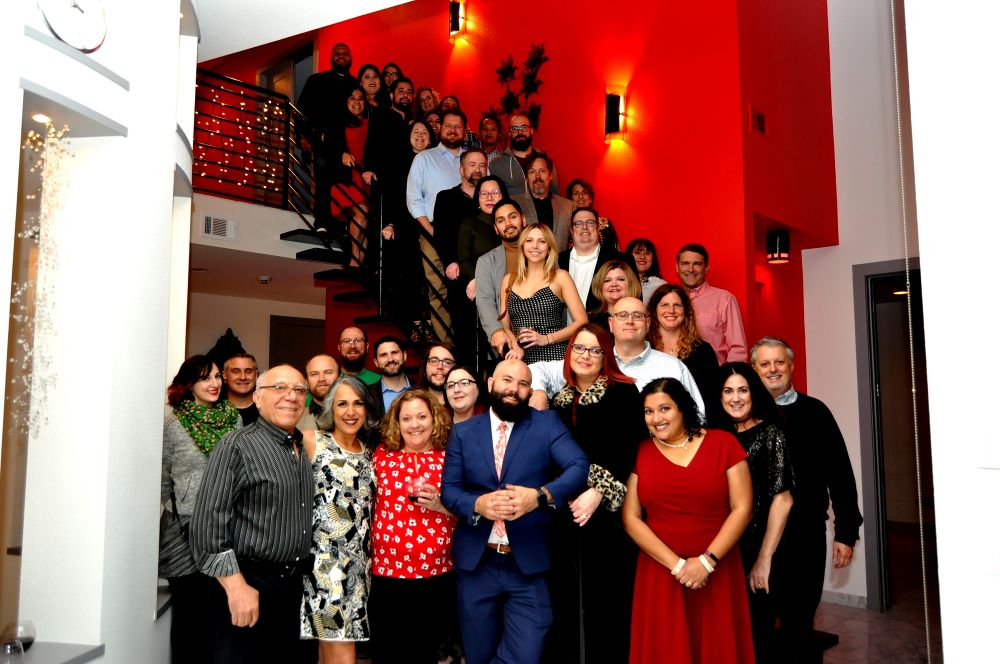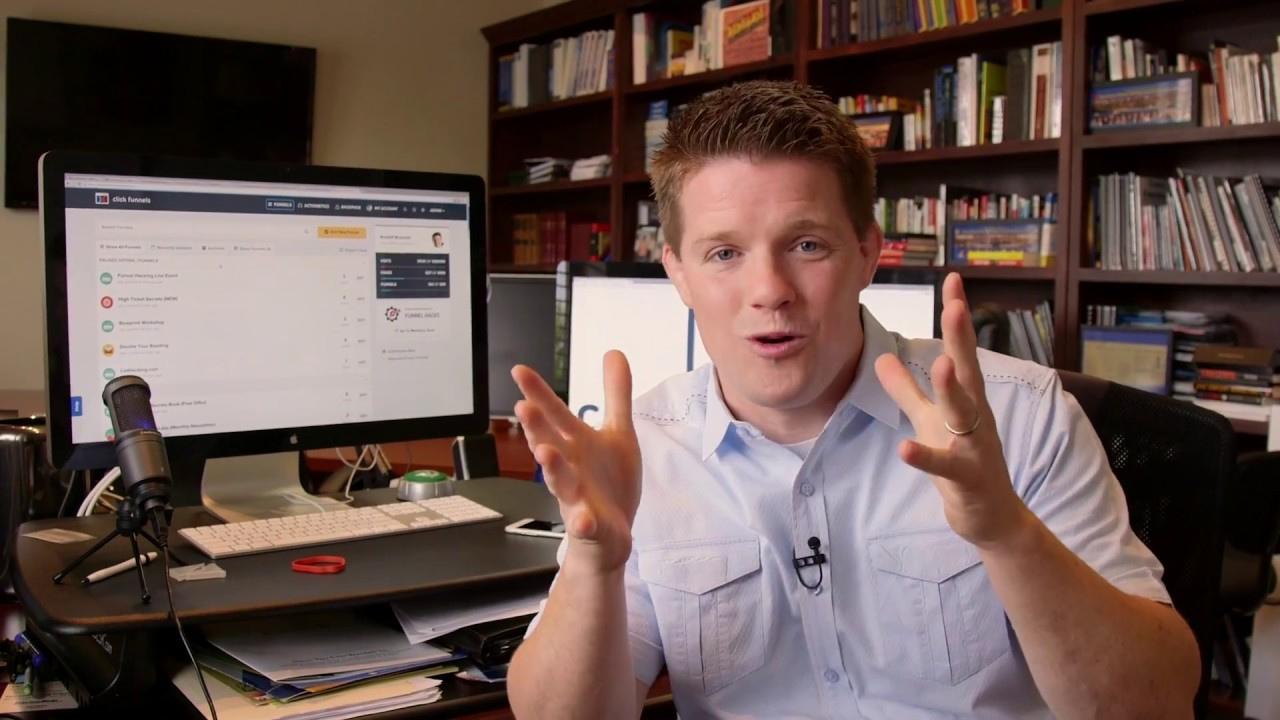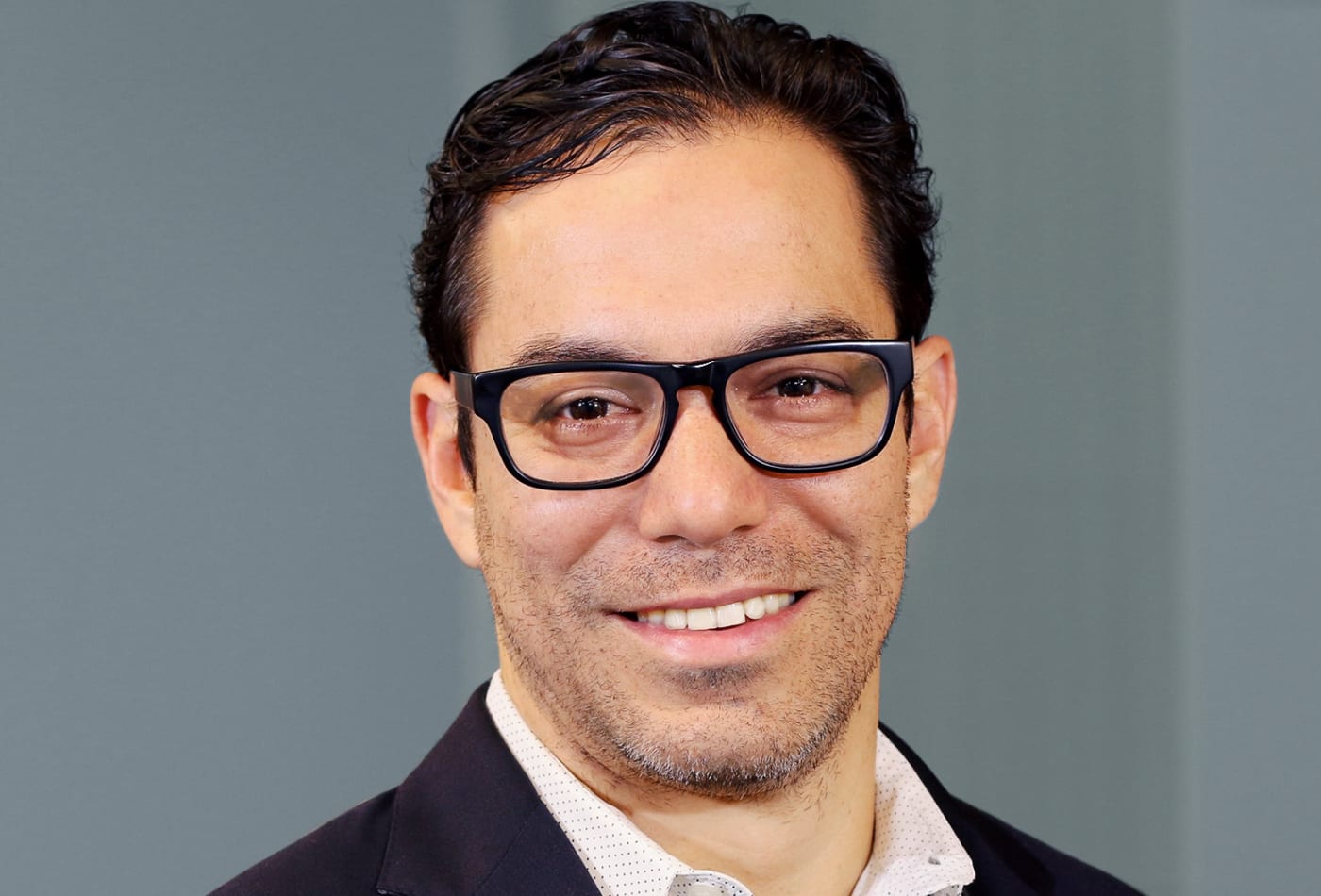Five years after its inception in 2016, ZenBusiness Founder and CEO Ross Buhrdorf sat down for a second time with the GetLatka team to discuss the company’s most recent explosive growth and expansion. Buhrdorf shares his product development process, expected run rate this year and categorizes his business in a new way that surprises and delights interviewer Nathan Latka.
Buhrdorf humbly describes himself as a software engineer. His 30 years of experience tells a much more powerful story of an entrepreneur, technology leader, c-level executive, angel investor, and board member best known for being the Founding CTO of HomeAway, which was acquired for $3.9B by Expedia Group in 2015.
Tapping Into 80% of the Global Economy
Founder Buhrdorf, less than a year after the sale of HomeAway, launched his new venture as a SaaS platform designed to help historically underserved small business owners start, run, and grow their companies. This single, comprehensive, guided platform continues to expand to provide all the tools an entrepreneur needs to get their business or side hustle successfully up and running. It’s yet another example of how Buhrdorf utilizes his passion for digital innovation, security, and mobile technology to help consumers become successful entrepreneurs.
ZenBusiness Hits $1.7B Valuation After Five Years
With the close of a $200m Series C funding round in November, ZenBusiness immediately became the latest Texas unicorn. Led by Oak HC/FT, the investment is Austin’s largest SaaS financing round this year. Based on his growth plan and current base of 220,000 customers, Buhrdorf believes investors got a great deal.
- Recently raised $200m in Series C from Oak HC/FT to hit $1.7 Billion Unicorn status
- 220,000 customers, growing at 10,000+ per month
- Team of 380, with 150 engineers
How ZenBusiness Grew From 70,000 Customers to 220,000 in 24 Months
According to Buhrdorf, the company has grown exponentially by first listening to customers and then testing exhaustively. “As a software company, we’ve challenged ourselves to build exactly what the customer wants, and for the price they want to pay,” he explained. Buhrdorf admits that sometimes customers say one thing, then do another “when it’s time to get out their credit card,” which is why their product development approach successfully includes extensive surveying and marketplace testing.
Everyday Tools Plus Pro Researchers Help Drive 10,000+ New Customers/Month
When asked about customer survey methods, Buhrdorf explains that ZenBusiness regularly relies on SurveyMonkey (recently acquired by Zendesk for $4.13B) to query customers about their specific questions, concerns, and needs as budding business owners. In fact, their first survey asked customers to check a list of products that they’d like to see; customers prioritized banking, taxes, accounting, and websites as their most critical areas of interest. However, he explained that ZenBusiness invests heavily in multiple brand and product marketing research groups like AnswerLab to gain insights into what products will generate the best user experience. “The pros know how to ask the right questions,” he quipped.
What the 220,000 ZenBusiness Customers Don’t Want
Although Buhrdorf embraces the fintech association, he’s listened to customers and knows that what they don’t want is for the SaaS platform to also serve as a bank. Customers have clearly expressed that they are more comfortable keeping their money in an institutional bank, although co-mingling funds with their personal bank accounts is a problem. As a result, the ZenBusiness platform built connections that allow customers to set up business bank accounts where transactions can flow smoothly to their bank of choice.
Relaunching Joust into ZenBusiness Money to Further Tap Into 57 Million US Micro Businesses
After discussing a potential partnership with Joust, Buhrdorf instead decided in 2020 to acquire and integrate the startup bank focused on micro businesses into their growing ecosystem under ZenBusiness Money’s brand, thus embedding business finance support into the ZenBusiness all-in-one model. As a result, founder Buhrdorf moved forward with his vision of having a full suite of business banking solutions that seamlessly integrates into the rest of the product ecosystem. The acquisition checked another box by giving entrepreneurial customers what they want and need most to succeed.
Success With Take Rates Under 30%
When asked his target take rate, Buhrdorf replied, “I used to think you needed a 50% take rate to succeed. Instead, I now know that you need packages, plans, and a product-led growth strategy.” Although the SaaS had a fantastic experience with a single product, it’s now evolved its offerings into a more complete software platform with a suite of products. The company attracts more new customers by relying on some free functionality with many different products and then utilizing upsells to drive revenue.
The “Shopify of the Service Industry” Succeeds With 5-15% Take Rates
ZenBusiness is creating a new category by tapping into an unserved market. “We are the Shopify of the Service Industry,” proclaimed Founder Buhrdorf. The Great Resignation period is bringing more and more solopreneurs into the marketplace, eager to turn their side hustle into a full-time gig. ZenBusiness is committed to helping these new entrepreneurs find success with comprehensive business tools all in a simple, single ecosystem. Both Buhrdorf and Latka agree that more and more aspiring entrepreneurs will enter the marketplace, as the Great Resignation shows no signs of slowing down.
Driving up the $20 ARPU Through the Transaction Flow
Founder Buhrdorf surprised Latka by describing ZenBusiness as a fintech company. “You didn’t describe your business that way in the last interview,” noted Nathan. Buhrdorf explained that he believes the company is best classified as a fintech player, especially with their latest product offering, ZenBusiness Money. It’s an embedded finance product that helps customers understand and open merchant accounts as part of the payment process. “We are enabling transactions for an underserved market that doesn’t know what they don’t know,” he added.
Transactions Help Drive the Run Rate Past $40m This Year
Although he was tight-lipped about exact numbers, Buhrdorf acknowledged that being a part of the transaction flow will generate ongoing incremental revenue for the fintech company. ZenBusiness offers a full suite of products to support accounting, taxes, invoicing, merchant accounts, expense tracking, and more. The founder added that ZenBusiness offers a below-market take-rate to their customers on financial transaction services.
How $200m in Series C Funding Accelerates Success
Founder Buhrdorf believes that capital and talent are huge advantages that accelerate growth. The company made 43 new hires just last month, thanks to the infusion of $200m in Series C capital from Oak HC/FT and SoftBank Vision Fund 2 Empower Entrepreneurs to Create Successful Businesses. Another portion of the funds will be utilized to support the further development of the ZenBusiness mobile app, which uses a dashboard to centralize all services in one place. It gives customers step-by-step instructions on becoming a successful business owner, from creating a website to helping manage finances.
Can Capital Support Grow Revenue Another 300%?
Without providing details, Founder Buhrdorf admitted that ZenBusiness is building a lending business, a seemingly missing piece in the small business ecosystem. “It’s in progress,” was the only detail he would provide to Nathan in this interview. ZenBusiness currently offers educational resources to customers on how to get a business loan. Topics now covered on the site include microloans, working capital loans, SBA guidelines, and more.
ZenBusiness Hit $256m Post with $55m Series B Funding in 2020
In 2020, ZenBusiness raised $55m from a group of investors led by Alex Lazarow of Cathay Innovation. Other investors included GreatPoint Ventures, Breyer Capital, Omega Venture Partners, and returning investors from earlier rounds. ZenBusiness used the investment to nearly double its employee count to expand its banking services and entrepreneurial education.
2019 Series A Funding of $15m With ARR of $4.2m
Greycroft, along with Lerer Hippeau, Revolution’s Rise of the Rest fund, Rosecliff Venture Partners, Interlock Partners, and Recruit Strategic Partners, provided ZenBusiness with $15m in Series A funding in late 2019. This infusion of capital helped the company build out community features and expand its headcount from the then-40 person staff.
$1.7B ZenBusiness Converts to a Public Benefit Corporation
Even before closing the Series A funding, when the employee count was under 50, Founder Buhrdorf aspired to make ZenBusiness a Public Benefit Corporation. PBCs are committed to a “triple bottom line” of people, planet, and profits. They define a particular benefit purpose aside from shareholder value. In the case of ZenBusiness, that purpose is to provide a positive force for change by supporting millions of businesses on their journey toward success through worry-free services, world-class support, and an all-inclusive platform.
More on Ross Buhrdorf, the 57-year-old Founder Connected to SaaS Valuations of $5B+
Ross Buhrdorf answered (some of) Nathan Latka’s five questions differently in this interview. He now says:
- Scale, from the Santa Fe Institute, is currently his favorite read. Buhrdorf is a trustee for the Santa Fe Institute, an independent theoretical institute dedicated to studying complex physical, computational, biological, and social adaptive systems.
- The CEO he most closely follows is his friend and Co-Founder of HomeAway, Brian Sharples. He and Brian talk regularly.
- Buhrdorf is married with three children (a fact that hasn’t changed since his last interview).
- As a software engineer, he loved the number of fantastic tools you can buy today to help run your business without needing to build from scratch. After much thought, Buhrdorf chose Slack as his favorite online tool. He estimates that ZenBusiness spends roughly $4-6m on software annually, with Salesforce at the top of the cost chart.
- Advice he’d give his 20 YO self is not to take everything so seriously. He admits that “99% of the stuff I worry about never happens,” yet it doesn’t prevent him from worrying, especially as a parent. Yet, he acknowledges that there’s “never been anything that I haven’t gotten through.” He also believes that you make your own luck.










